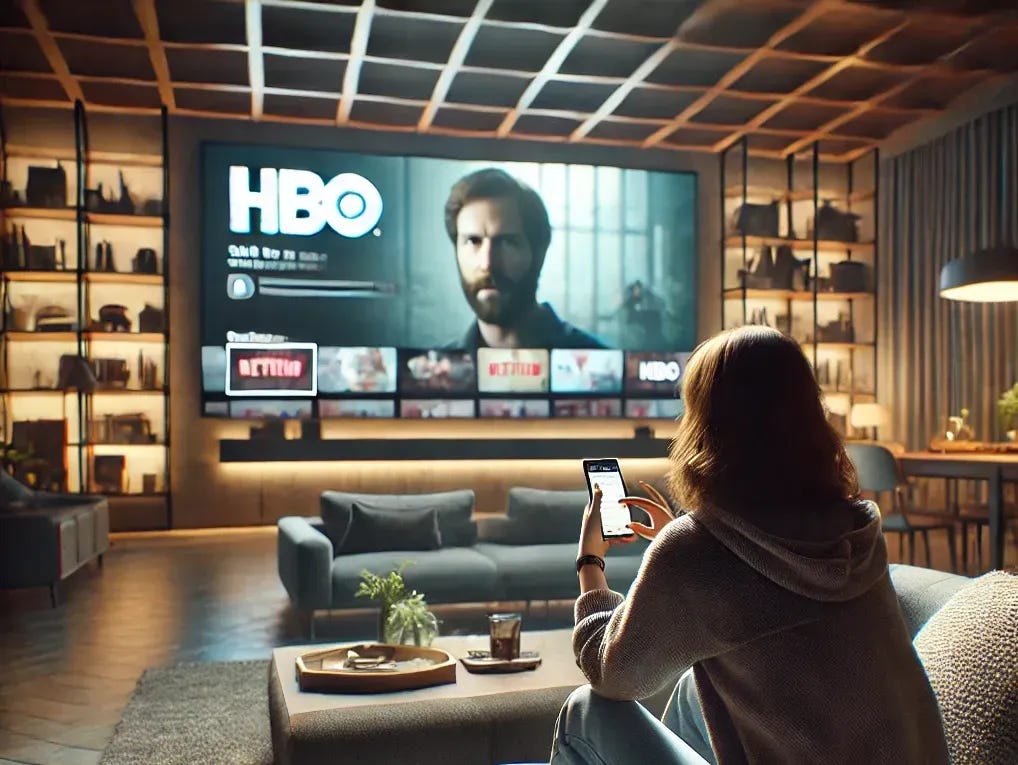Quality is a Serious Problem
Understanding The Changing Consumer Definition of Quality in Media
A shift is underway across media. It’s happening on YouTube and Reels, Roblox and Fortnite, Soundcloud and Spotify and here, on Substack. On these platforms—across video, gaming, music and journalism—consumers are redirecting their time and attention to non-institutional, non-corporate content. Call it user generated, social, short form, independent, creator, whatever you like.
I recently wrote about the creator media economy in The Relentless, Inevitable March of the Creator Economy. It is one of the few bright spots in media. In that post, I sized the creator media economy at around $250 billion globally last year, or almost 15% of the total media and entertainment (M&E) market. I also showed estimates that over the last four years it has grown at about 25% per year, representing about half of all M&E growth. In this post, I dig deeper into a key cause and implication of this growth: consumers are redefining quality in media.
A common thread among this non-corporate content is that it usually doesn’t meet the same standards as corporate content. It is lower fidelity, less polished, less produced, more amateurish, rawer, more experimental. Measured against traditional standards of quality, you would call a lot of it crap. In most cases, traditional media companies would be embarrassed to put it out. But it keeps taking share of consumer time and attention anyway.
The only possible inference is that a lot of consumers are changing how they define quality in media, at least some of the time. For executives at incumbent media companies, it’s a big blind spot and a big problem.
I’ve written about quality before many times, like here and here. Below, I provide a more comprehensive framework for thinking about quality and discuss what incumbents can do when consumers’ perception of quality changes.
Tl;dr:
People often think of quality as a value judgment. Instead, think of quality as the algorithm a consumer uses when choosing between similarly priced goods, in a similar context. Under this definition, quality is revealed preference.
The goal is to create a framework for understanding why consumers make the decisions they do. This is especially important when the consumer definition of quality changes. It’s one of the most insidious causes of disruption and poorly understood.
My experience at Turner showed that a changing consumer definition of quality is a blind spot for executives at incumbents. And even when they see it, it can be very hard to adapt. Many companies are optimized around a definition of quality; when it changes, it may cause entry barriers to fall; and company culture is often inextricably tied to it.
It is clear today that consumers are redefining quality in media. Creator content usually has none of the traditional markers of quality, but it keeps taking share. You can see this empirically, especially in video and gaming. Consumers must be drawn by something else.
What should incumbents do? They need to acknowledge this change, understand what is that “something else,” and figure out which of those attributes they can emulate.
When the internet first emerged, it changed the way corporate content was distributed—but it was still the same content being distributed. If you think of it like a breakup, it was like consumers saying “I still love you, I just need to do this a different way. It’s not you, it’s me.” Something different is happening now. Today, the demand for that content itself is declining. It’s more like consumers saying “Actually, yeah, it's definitely you.”
What’s Quality?
Quality is a tricky word, because it means different things to different people.
In some domains, quality is objectively measured. Meat, diamonds, and olive oil are graded according to objective standards. Total Quality Management measures and tracks KPIs throughout the production process. Consumer Reports has a set of consistent, objective measurement standards in each product category.
More often, quality is determined by experts’ subjective opinions. Critics give their opinions on restaurants, fashion, art, theater, books, movies, TV shows, music and games. Wine experts rate wine. Luxury travel magazines rate hotels. Often, these opinions equate quality with craftmanship, durability, reliability, attention to detail or the time and labor involved. (If it took a long time, it must be good, right?)
Other times, quality is even murkier. Some think it as the inherent “goodness” of a thing that defies measurement and may be completely distinct from its desirability. (“The restaurant was clearly high quality, but I wouldn’t go back.”) It becomes like Justice Potter Stewart’s famous line about obscenity, “I know it when I see it.”
If you are in the business of selling things to people, you need to understand how they define quality.
The problem with a lot of these approaches is that they are divorced from what customers prefer. If you are in the business of selling things to people, you need a practical understanding of why they make the choices they do. You need to understand how your customers define quality.
Keep reading with a 7-day free trial
Subscribe to The Mediator to keep reading this post and get 7 days of free access to the full post archives.



